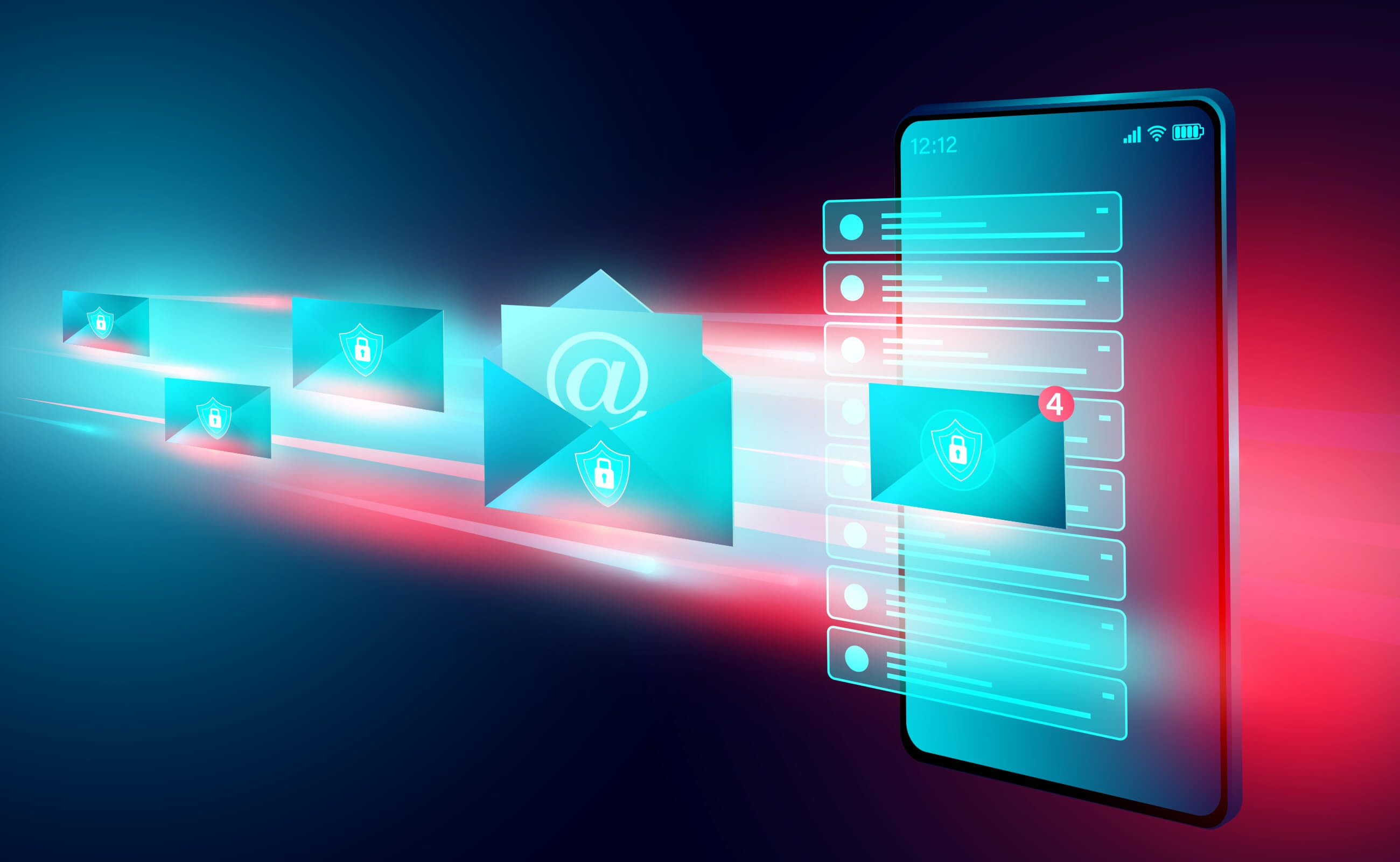Email message encryption isn’t just a vital cybersecurity measure. It may be required by law in the case of electronic mail containing personally identifiable information (PII), and there’s a good reason for it. When you send any email, it usually traverses multiple computers before it reaches the recipient’s workstation. The message is dangerously exposed to the prying eyes of hackers if it’s unencrypted, which can lead to a customer data breach. However, when you encrypt email messages containing PII, you can minimize the risk of costly customer privacy violations.
What is PII?
PII is any information that may directly or indirectly give away the identity of an individual. Such information isn’t always sensitive, such as the details on your business card. However, PII is deemed sensitive if its loss, unauthorized use, or inadvertent disclosure may cause harm to the affected person.
Social Security Numbers (SSN), biometric identification data such as fingerprints, and alien registration numbers (A-numbers) are all types of PII. Typically, any personal details that you can link to an individual’s ID, such as a driver’s license number or financial information, are treated as sensitive PII.
How to Properly Handle Emails Containing PII
There are several secure ways to email PII. For example, you can save the sensitive PII in a separate document that requires a password to open or you can encrypt it. You may then send the encrypted file as a separate email attachment and share its password by phone or another email. Be sure to encrypt the entire email message if the sensitive information is in the body text.
Password protection, however, is only an added security layer rather than an ideal alternative to encryption as far as data protection rules are concerned. By encrypting your electronic PII, you make it unreadable both in storage and in transit. So, in case a hacker intercepts the encrypted email, they’ll find it difficult to decode its contents. In this way, the sensitive customer data is protected from unauthorized access.
Some Common Types of Email Attack
The following are a few common types of email attacks that you must be aware of:
1. Identity Theft
Your email may automatically log you into several platforms at work or home, enabling hackers to steal your personal or work files and even infiltrating your co workers accounts.
2. Phishing Attacks
These attacks can be of different forms such as pharming, deceptive phishing and spear phising. In pharming , a user may be directed to a malicious website by changing the IP address of the legitimate website. In disguise phising, users are threatened for money via fake websites that look legitimate. Spear phising tricks users into sharing intellectual property with unauthorized entities.
3. Spams
Spam mails are so common that people usually create a separate email folder to store the countless spam mails they receive. Not all spam mails are malicious, however they do degrade a company’s communication system.
4. Viruses
A virus attack involves much more deliberate planning on behalf of the attacker. These can be in the form of malicious emails with attachments containing viruses. When an unsuspecting user opens the malicious mail, they open the door to the attacker to access the company’s internal systems.
Are All Types of Encryption Acceptable?
No, not all types of email encryption are acceptable. The purpose of email encryption is to achieve end-to-end encryption. SSL/TLS encryptions imply that the company running the server has access to the decrypted mail instead of the person to whom the mail is being sent. Similarly, where 2 or more servers use different kinds of encryption, say a Yahoo user sends mail to a Gmail id- various encryption tools have to be used. To avoid such hassles, using a versatile service that is compatible with all servers is highly recommended.
Email message encryption is required by law whenever such mail contains PII. If you’d like to learn more about preserving the integrity and confidentiality of your sensitive information, talk to the agents at Premier Risk, LLC. We serve Long Island and neighboring cities in New York – Contact us to get started today.










